I love a good hymn, so long as I’m not expected to sing it. Lusty declarations of faith sound ridiculous coming out of my mouth and embarrass the hell out of me, so I pretend that I’ve forgotten to pick up a hymnbook on my way in. If someone shoots me an accusatory glance, then I move my lips like John Redwood singing the Welsh national anthem. (Talking of whom, has it dawned on the jolly self-important Dr Redwood, former Fellow of All Souls, director of Rothschild’s, cabinet minister, etc., that one day he’ll be remembered only for that delicious video clip?)
The earliest Christian hymns were chanted — but when we talk about a ‘hymn’ in everyday speech we mean a harmonised sacred song in which every verse uses the same melody. As a form it’s mainly the creation of Lutherans, who understood that singable hymns were the perfect vehicle for their theology. Martin Luther was a rather good amateur composer: he wrote the words and possibly the melody to Ein’ feste Burg ist unser Gott, ‘a mighty fortress is our God’ — an image that still sustains his followers.
You can also find Lutheran ‘chorales’, as they became known, in English parish churches. ‘Now Thank We All Our God’ is an obvious example — our German name for the tune ‘Nun Danket’ gives the game away. But I always thought that ‘All People that on Earth do Dwell’, known as the ‘Old Hundredth’ because it adapts Psalm 100, was a proper English tune, so snugly do the notes match the words. Not so. Listen to the electrifying opening of Bach’s cantata BWV 130, in which trumpets and woodwind bounce off each other and then the sopranos enter singing… the Old Hundredth. The tune appears again as the concluding chorale, this time in a lilting three beats to the bar.
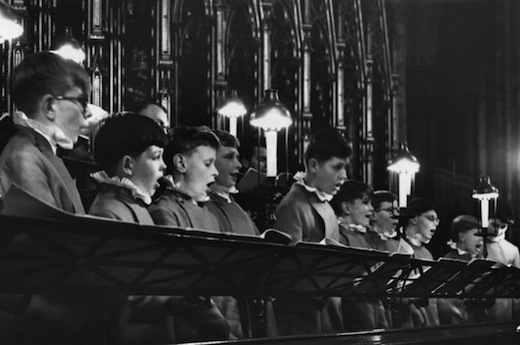
Ralph Vaughan Williams, son of a vicar, loved Old Hundredth so much that he refreshed it with enchanting harmonies and a brass fanfare; this was the version that set spines tingling at the Queen’s Coronation and her Diamond Jubilee service. It’s the first track on a new CD of hymns from Westminster Abbey entitled Rejoice, the Lord Is King! (Hyperion). Listening to it reminded me how much I envy the Church of England its hymnody, which incorporates Lutheran chorales, the nonconformist belters of Isaac Watts and the Wesleys, and the gracious melodies of Sir Charles Hubert Parry and contemporaries. Is there a lovelier tune in the history of English music than ‘Dear Lord and Father of Mankind’? The Old Etonian Sir Hubert knew exactly how to moisten public-school tear ducts, and this hymn invariably has Sloanes reaching for their hankies at weddings (but never funerals, because it’s common to cry for the deceased).Admittedly, the texts Bach uses have nothing to do with Psalm 100, but that’s par for the course. When you burrow into the tune’s history, you discover that it started life as a Calvinist setting of Psalm 134 that had to be unaccompanied in church but could be sung as a four-part chorale in the privacy of your home (i.e., the Calvinist version of letting your hair down). However, as early as 1561 it had turned up in the Anglo-Genevan Psalter as ‘All People that on Earth do Dwell’. It’s like a Richard Dawkins meme.
But hang on: is ‘Dear Lord and Father of Mankind’ really a suitable wedding hymn, with its melancholy plea for mercy (‘forgive our foolish ways’)? My vicar friends don’t think so, but they long ago gave up the battle to persuade couples to choose hymns whose theology matches the occasion. People like what they know – and, these days, they don’t know very much. Hence the ubiquity of ‘Jerusalem’, which isn’t even really a hymn and whose poetic text is pretty much gibberish — but, again, features a melody by our craftiest tunesmith. Who else but Sir Hubert could have written an Anglican anthem that people sing when they’re smashed out of their wits?
The number of hymns familiar to non-churchgoers and occasional worshippers is now vanishingly small; indeed, given that most parishes don’t employ competent choirmasters and the clergy are increasingly philistine, even devout Christians know fewer and fewer hymns. Public schools go through the motions, but it’s hard to imagine their Chinese and Russian pupils keeping the flame alight. And if state schools permit hymns, they’re more likely to be politically correct doggerel than Hymns Ancient and Modern.
In short, our hymnody is doomed. You can’t have church attendance fall off a cliff in the West and expect to preserve this part of our heritage. In ten years’ time, I predict, the only hymns people will sing will be at weddings and funerals, plus a dwindling repertoire of carols. I’ll miss those grand old tunes. Still, looking on the bright side, at least I can stop doing my John Redwood impression.
Got something to add? Join the discussion and comment below.
Get 10 issues for just $10
Subscribe to The Spectator Australia today for the next 10 magazine issues, plus full online access, for just $10.
You might disagree with half of it, but you’ll enjoy reading all of it. Try your first month for free, then just $2 a week for the remainder of your first year.


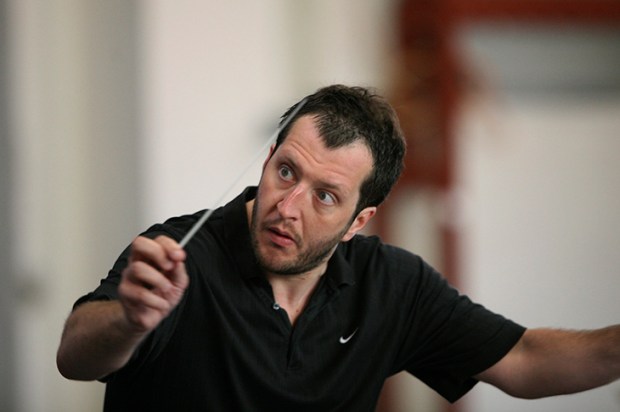
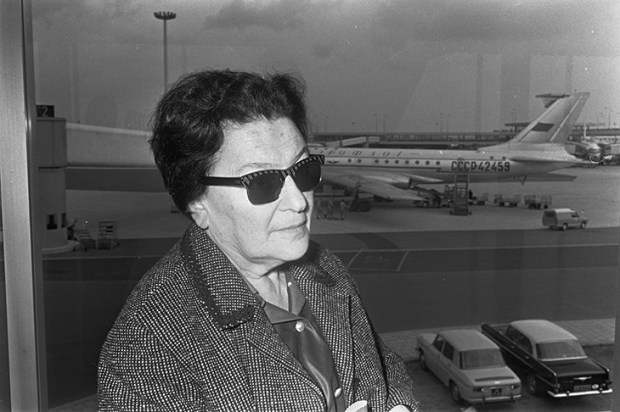
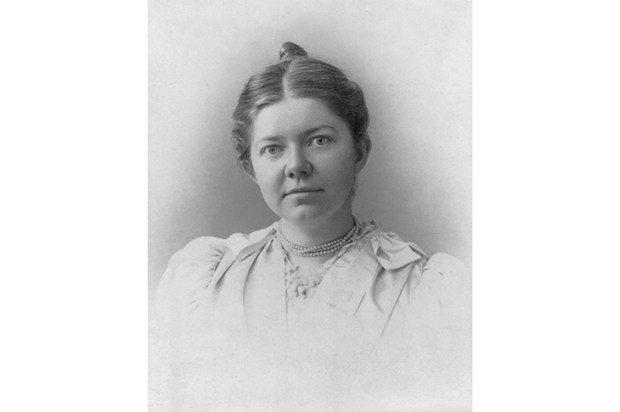
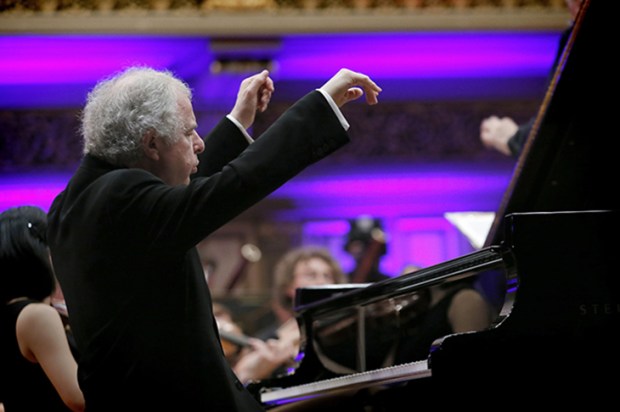
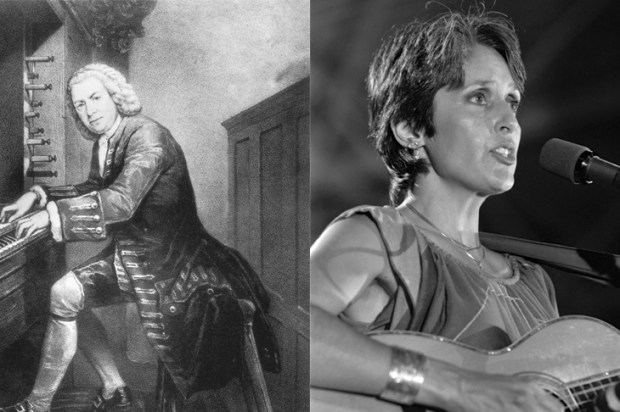






Comments
Don't miss out
Join the conversation with other Spectator Australia readers. Subscribe to leave a comment.
SUBSCRIBEAlready a subscriber? Log in